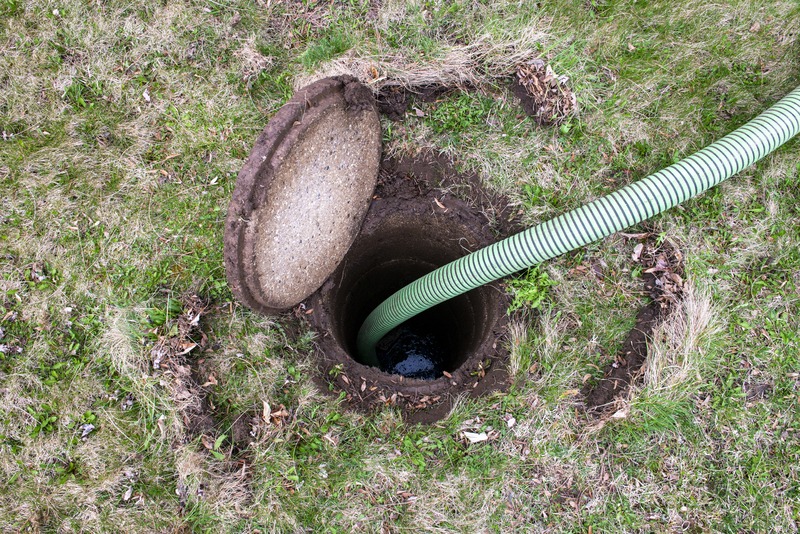If you live in a property that is not connected to a main public sewer system or treatment plant, then you will be familiar with the concept of a septic tank. Using the process of gravity, septic tanks separate the liquid waste from the solids that flow from your property, filtering and allowing liquid to seep into the surrounding ground while holding onto solid waste.
But how long do septic tanks last, and what do you need to know about the lifecycle of your tank?
How Long Does a Septic Tank Last?
When your septic tank is carefully maintained and subject to regular septic tank emptying, it can last between 15 and 20 years on average. However, there are a variety of factors that can impact this lifespan.
Knowing when to update your septic tank means understanding the signals that your tank is no longer operating at optimum efficiency or effectiveness. Common signs include flooding of the ground around your septic tank, a pungent smell near your tank, and problems flushing your toilet and draining water on your property.
Here are some of the factors which can impact the lifespan of your septic tank:
- How often it is emptied and serviced. Septic tank emptying involves getting it emptied regularly. This removes any blockages and clogged-up solid waste and ensures that your tank is never over-filled, putting strain on your drainage system.
- The quality of the installation was carried out by a drainage specialist contractor.
- The contents of your tank. There are endless resources online which unpick exactly what can and cannot go into a septic tank. Your tank should only be filled with toilet paper (biodegradable), human waste, and household-appropriate cleaning products.
- How often it is serviced. Getting your septic tank serviced goes beyond the standard emptying, cleaning out, and checking the stability and integrity of the structure. A regular service will help to identify any issues so that they can be fixed before becoming major problems.
- The material it is made from. Most homeowners are unaware that septic tanks come in a variety of materials, with steel tanks becoming subject to corrosion far more quickly than plastic or concrete tanks. The stronger the material, the longer the lifespan of your tank.
- General geography. If you want to maximise the lifespan of your septic tank, this means placing your septic tank somewhere away from acidic soil and sources of excess water and ensuring that any temperature changes in the location are not too extreme.
For more information on the lifespan of your septic tank, and for advice on what you can do to prolong its lifespan for as long as possible, get in touch with Thistle Tanks today. Not only can our team perform a full emptying and servicing service, but we can point you in the direction of what you can do to optimise the performance and longevity of your existing tank.

